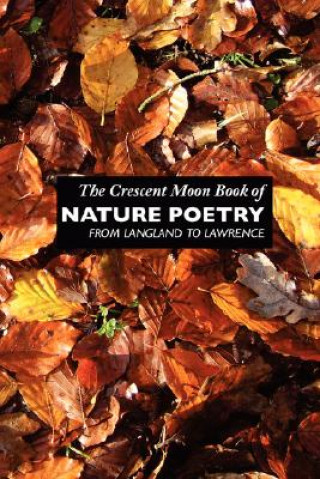
Kód: 08857157
Crescent Moon Book of Nature Poetry
Autor Margaret Elvy
THE CRESCENT MOON BOOK OF NATURE POETRY An anthology of great nature poems, including the Elizabethan pastorals of Edmund Spenser, William Shakespeare, Sir Walter Raleigh and Michael Drayton, and classics of nature m ... celý popis
- Jazyk:
 Angličtina
Angličtina - Vazba: Brožovaná
- Počet stran: 112
Nakladatelství: Crescent Moon Publishing, 2008
- Více informací o knize

Mohlo by se vám také líbit
-

Staffordshire and Warwickshire, Past and Present
854 Kč -

Series of Plays
901 Kč -

Beyond Bypass and Chelation for Heart Problems and Cardiovascular Disease
749 Kč -

Muhammad
451 Kč -

Synchronize
606 Kč -

East German Girl
547 Kč -

Reconciliation of Humanity to God
381 Kč
Darujte tuto knihu ještě dnes
- Objednejte knihu a zvolte Zaslat jako dárek.
- Obratem obdržíte darovací poukaz na knihu, který můžete ihned předat obdarovanému.
- Knihu zašleme na adresu obdarovaného, o nic se nestaráte.
Více informací o knize Crescent Moon Book of Nature Poetry
Nákupem získáte 37 bodů
 Anotace knihy
Anotace knihy
THE CRESCENT MOON BOOK OF NATURE POETRY An anthology of great nature poems, including the Elizabethan pastorals of Edmund Spenser, William Shakespeare, Sir Walter Raleigh and Michael Drayton, and classics of nature mysticism by Geoffrey Chaucer, William Langland, James Thomson, William Blake and William Wordsworth, among others. Famous anthology pieces nestle amongst lesser known poems, including some neglected women poets, and American poets such as Amy Lowell and Emily Dickinson. The British nature poetry tradition builds on the Greek tradition of bucolic themes. The early poems of the nature poetry tradition in Britain include 'Sumer is y-cumen in', that famous hymn to the rebirth of Spring and warmth. The strength of the mediaeval rhythms continues undiminished. It is (partially) the solidity of the poetic rhythm of 'Sumer is y-cumen in' that makes the poem so successful. The rhymes, too, do not jar, as so they often do in British poetry from the Victorian era onwards. The rhymes of Langland, Chaucer and mediaeval English poets weld their verses together. In Chaucer's famous poem included here the rhyme scheme is as complex as any in troubadour or French Symbolist poetry, but Chaucer sticks to strong, basic end-words: 'blake', 'make', 'wake' and 'shake'. Just as beautiful as 'Sumer is y-comen in', though less well-known, are the many anonymous poems of nature, of the mediaeval era, of which "Lenten is come with love to towne" is such a delicious example. In nature poetry, whether of the mediaeval epoch or of contemporary poets, notions such as Spring, childhood and paradise fuse. Terms such as idyll, Arcadia, Eden and golden age are different names for a fount of feeling, to do with love/ nature/ childhood/ purity, and which lies at the heart of nature poetry. One finds archetypal imagery in the nature poetry included here. There is the wood or forest, for example, such a key part of William Shakespeare's plays. In Sir Philip Sidney's poem from The Countess of Pembroke's Arcadia, the woods are 'the delight of solitariness'. In Sir Thomas Wyatt's "I must go walk the woods so wild", the forest becomes a place of wilderness and banishment (again a common theme in Shakespeare). In Sir Walter Raleigh's 'The Nymph's Reply to the Sheepheard', we find the archetypal (indeed, stereotypical) imagery of the shepherd abroad in the countryside meeting the nymph. By the time of Henry Vaughan's poetry, God and Christianity has infused nature poetry, so that nature becomes subordinated to (and a part of) God's divine plan. But the love of nature continues unabated in the Romantic poets, in Shelley, Browning, and the Wordsworths, up to and beyond Thomas Hardy.
 Parametry knihy
Parametry knihy
Zařazení knihy Knihy v angličtině Literature & literary studies Poetry
365 Kč
- Plný název: Crescent Moon Book of Nature Poetry
- Autor: Margaret Elvy
- Jazyk:
 Angličtina
Angličtina - Vazba: Brožovaná
- Počet stran: 112
- EAN: 9781861711328
- ISBN: 9781861711328
- ID: 08857157
- Nakladatelství: Crescent Moon Publishing
- Hmotnost: 170 g
- Rozměry: 234 × 156 × 5 mm
- Datum vydání: 01. February 2008
Oblíbené z jiného soudku
-
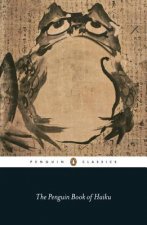
Penguin Book of Haiku
356 Kč -
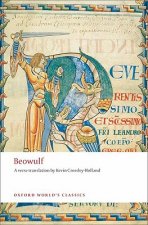
Beowulf
222 Kč -

The Complete Poetry Of Edgar Allan Poe
128 Kč -
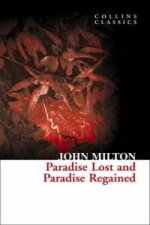
Paradise Lost and Paradise Regained
89 Kč -

Film for Her
463 Kč -
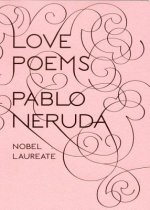
Love Poems
262 Kč -
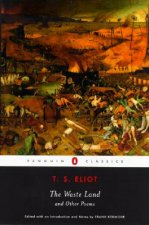
Waste Land and Other Poems
263 Kč -

Love And Space Dust
334 Kč -
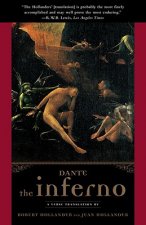
Inferno
406 Kč -
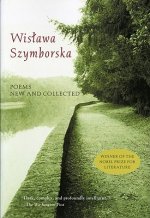
Poems New and Collected 1957-1997
401 Kč -

New and Selected Poems, Volume Two
385 Kč -

Legend of Sigurd and Gudrun
302 Kč -
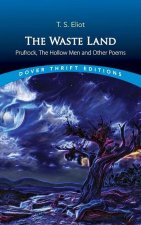
Waste Land, Prufrock, The Hollow Men, and Other Poems
101 Kč -

Her Favorite Color Was Yellow
446 Kč -

Collected Poems of Langston Hughes
510 Kč -

Women Are Some Kind of Magic boxed set
863 Kč -

Japanese Haiku Poems
330 Kč -
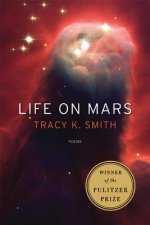
Life On Mars
362 Kč -
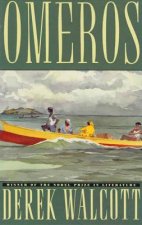
Omeros
410 Kč -

Typo
480 Kč -
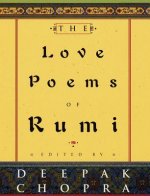
Love Poems of Rumi
303 Kč -
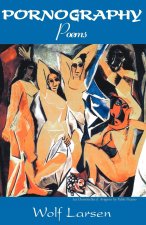
Pornography
571 Kč -
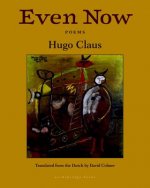
Even Now: Poems By Hugo Claus
454 Kč -

espejo roto
428 Kč -
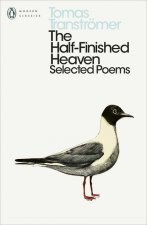
Half-Finished Heaven
249 Kč -

Sincerely
322 Kč -
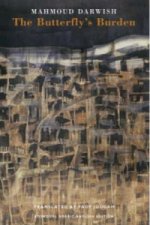
Butterfly's Burden
543 Kč -
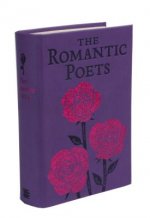
Romantic Poets
326 Kč -
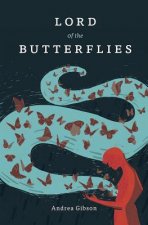
Lord Of The Butterflies
377 Kč -

Whiskey Words & a Shovel I
383 Kč -
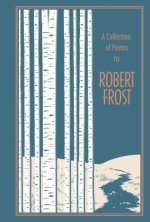
Collection of Poems by Robert Frost
518 Kč -

Book of Rumi
401 Kč -
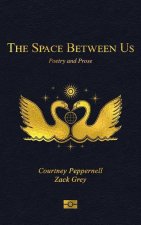
Space Between Us
329 Kč -
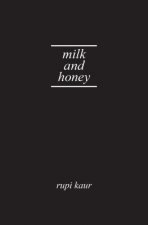
Milk and Honey
410 Kč -
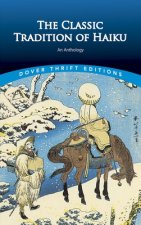
Classic Tradition of Haiku
116 Kč -
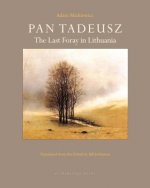
Pan Tadeusz
433 Kč -

Storm for the Living and the Dead
276 Kč -

Sir Gawain and the Green Knight
382 Kč -
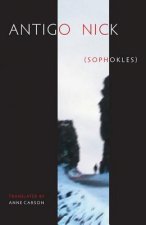
Antigonick
262 Kč -
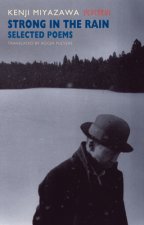
Strong In the Rain
380 Kč -
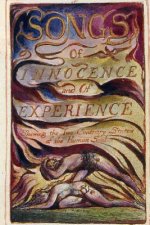
Songs of Innocence and of Experience
442 Kč -
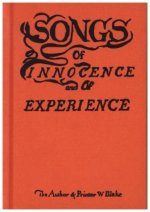
Songs of Innocence and of Experience
276 Kč -

Lunch Poems
204 Kč -

Collected Poems of Frank O'Hara
557 Kč -
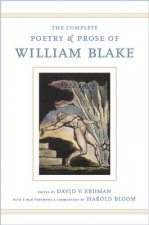
Complete Poetry and Prose of William Blake
1071 Kč -
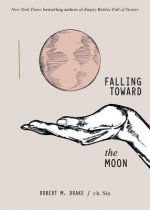
Falling Toward the Moon
433 Kč -
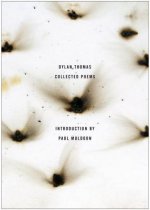
Collected Poems of Dylan Thomas
428 Kč -
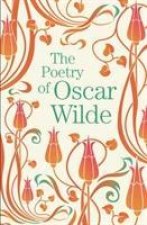
Poetry of Oscar Wilde
196 Kč -

She's Strong, but She's Tired
362 Kč
Osobní odběr Praha, Brno a 12903 dalších
Copyright ©2008-24 nejlevnejsi-knihy.cz Všechna práva vyhrazenaSoukromíCookies



 Vrácení do měsíce
Vrácení do měsíce 571 999 099 (8-15.30h)
571 999 099 (8-15.30h)